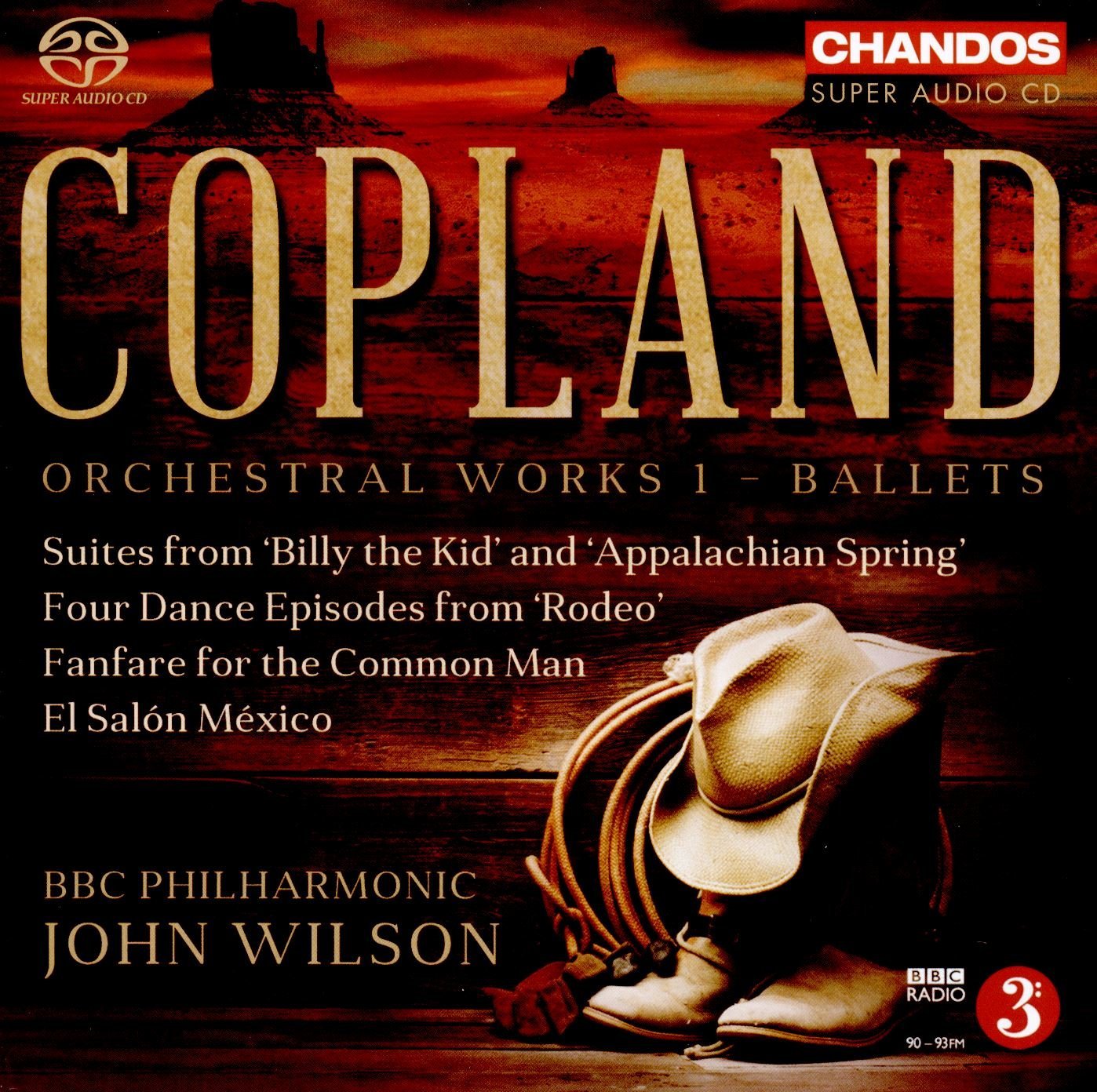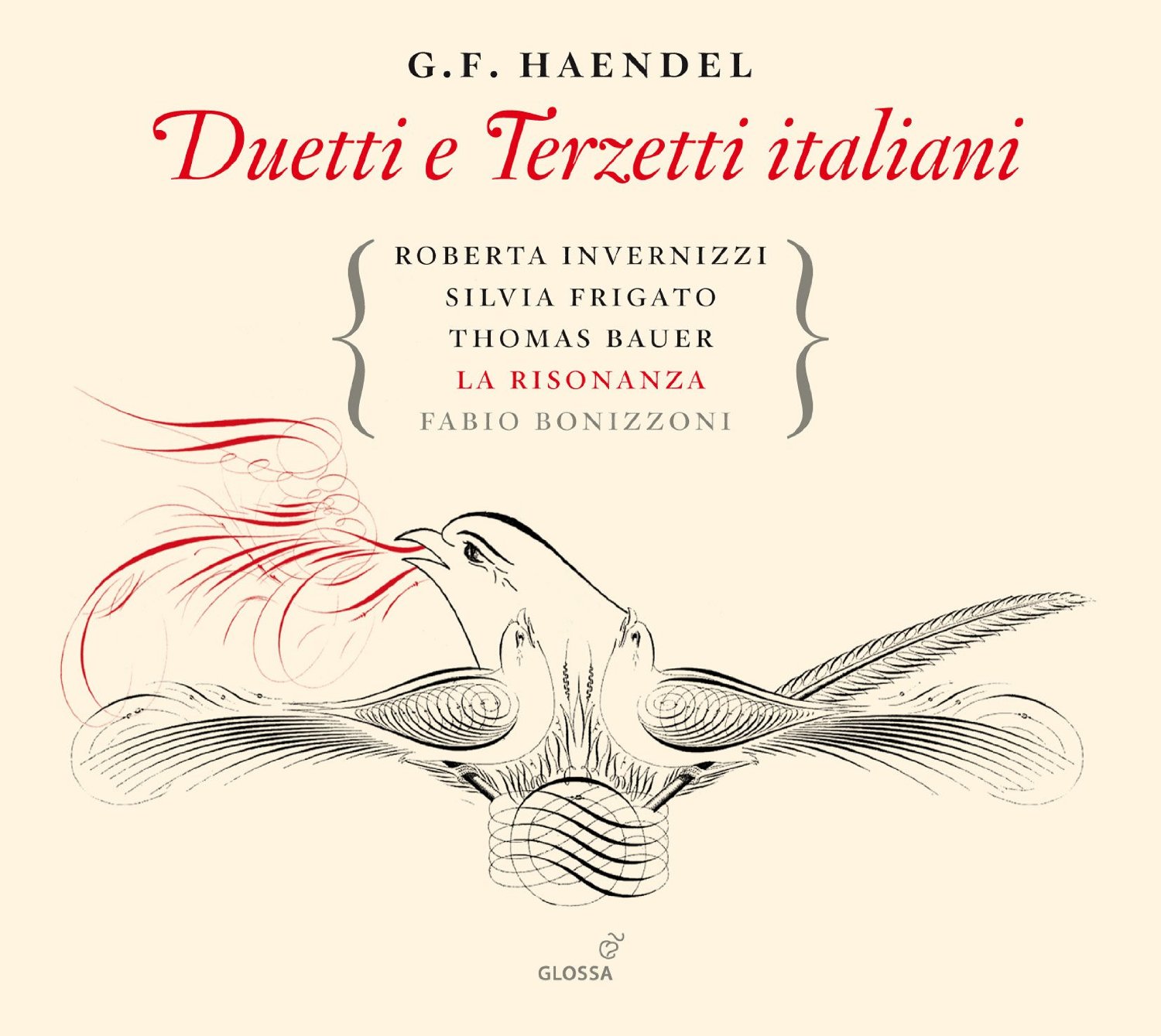ARIODANTE, SCOTTISH OPERA A claustrophobic, beautifully sung new production of Handel's opera of deception and jealousy
A claustrophobic, beautifully sung new production of Handel's opera of deception and jealousy
In the end, it’s all about the oranges. They adorn the programme that accompanies Harry Fehr’s intelligent new production of Handel’s Ariodante for Scottish Opera. More importantly, they’re prominent in designer Yannis Thavoris’s clinical steel-and-glass set, growing on carefully groomed bushes in six neat tubs, placed meticulously below warming light bulbs, protected from the gales and snow drifts outside by a wall of glass.
 Copland: Orchestral Works 1 BBC Philharmonic/John Wilson (Chandos)
Copland: Orchestral Works 1 BBC Philharmonic/John Wilson (Chandos)
 Handel: Duetti e Terzetti italiani Roberto Invernizzi (soprano), La Risonanza/Fabio Bonizzoni (Glossa)
Handel: Duetti e Terzetti italiani Roberto Invernizzi (soprano), La Risonanza/Fabio Bonizzoni (Glossa)